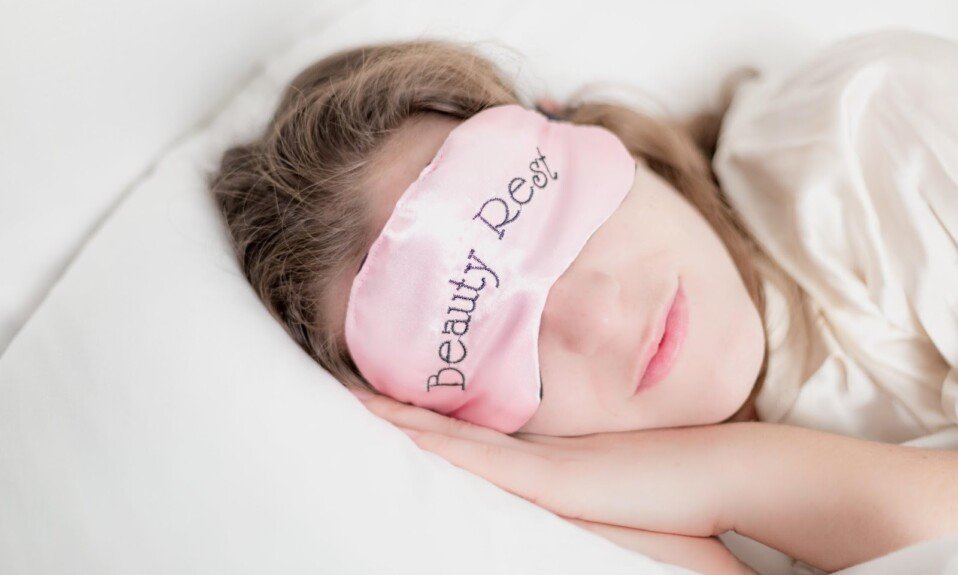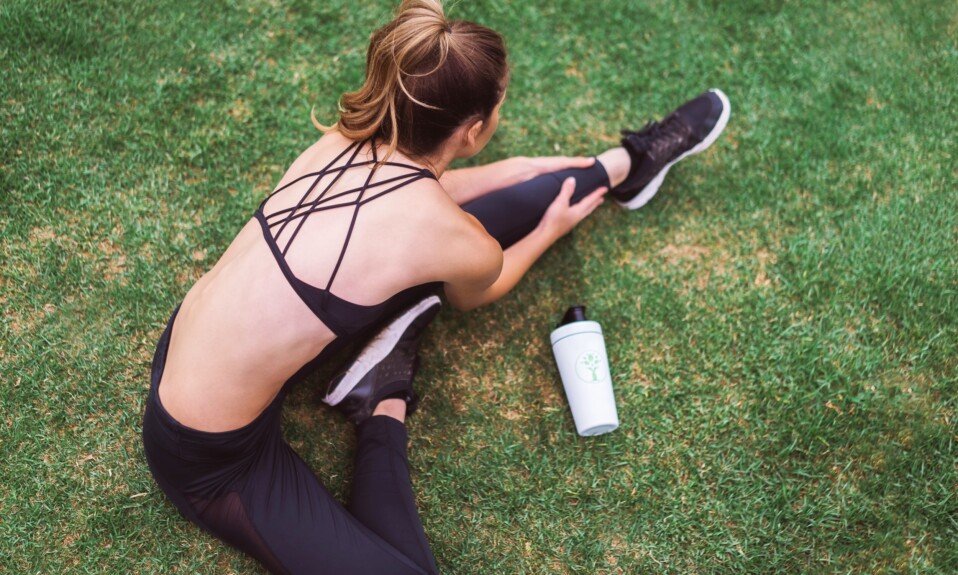Sleep masks can be extremely useful when you’re trying to fall asleep, they create a total sense of darkness and prevent any light from coming through. On a basic level, sleep masks can help you sleep better just by being soft and blocking out light. But advancements have meant that there are more high tech options available that can emit infrared light to help you sleep, and headphone plugs that let you play white noises while you sleep.
Blackout Capability
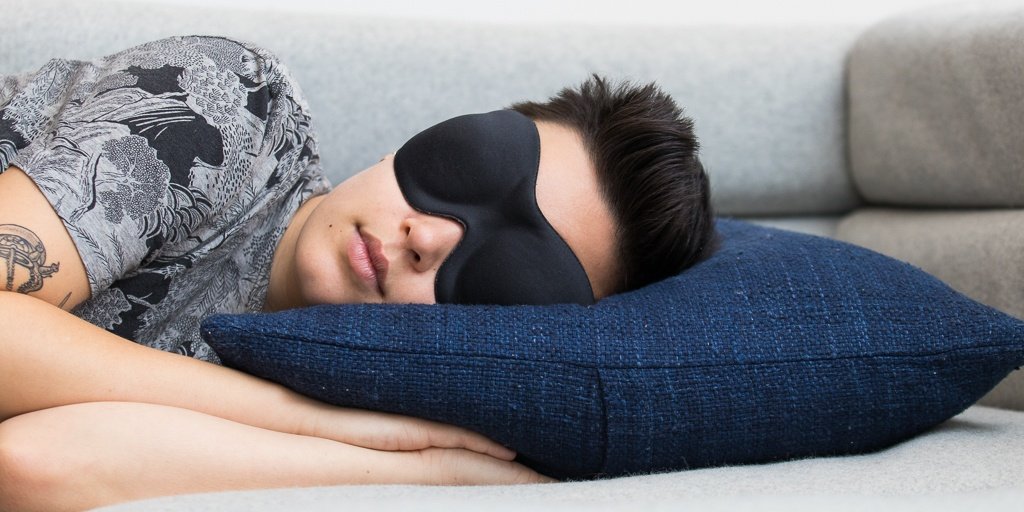
The main purpose of a sleep mask is to block out all light so that you sleep better. However, this doesn’t mean that all sleep masks are a one size fits all situation as everyone has different face shapes and sizes. Make sure your face masks cover your face and have small mounds that’ll prevent extra light from coming through the bottom. Width is also important, the more area of your face that sleep mask covers than there’s less chance of extra light interrupting your snooze.
Fit
Sleep mask fit is also very important. Put blankly, if the sleep mask isn’t comfortable then you’re not going to fall asleep easily – even if it’s pitch black. Find a mask that fits the upper half of your face smoothly, especially around the nose. Pick a material that has recesses in order to prevent your lashes from brushing against the fabric and potentially causing discomfort.
Fabric
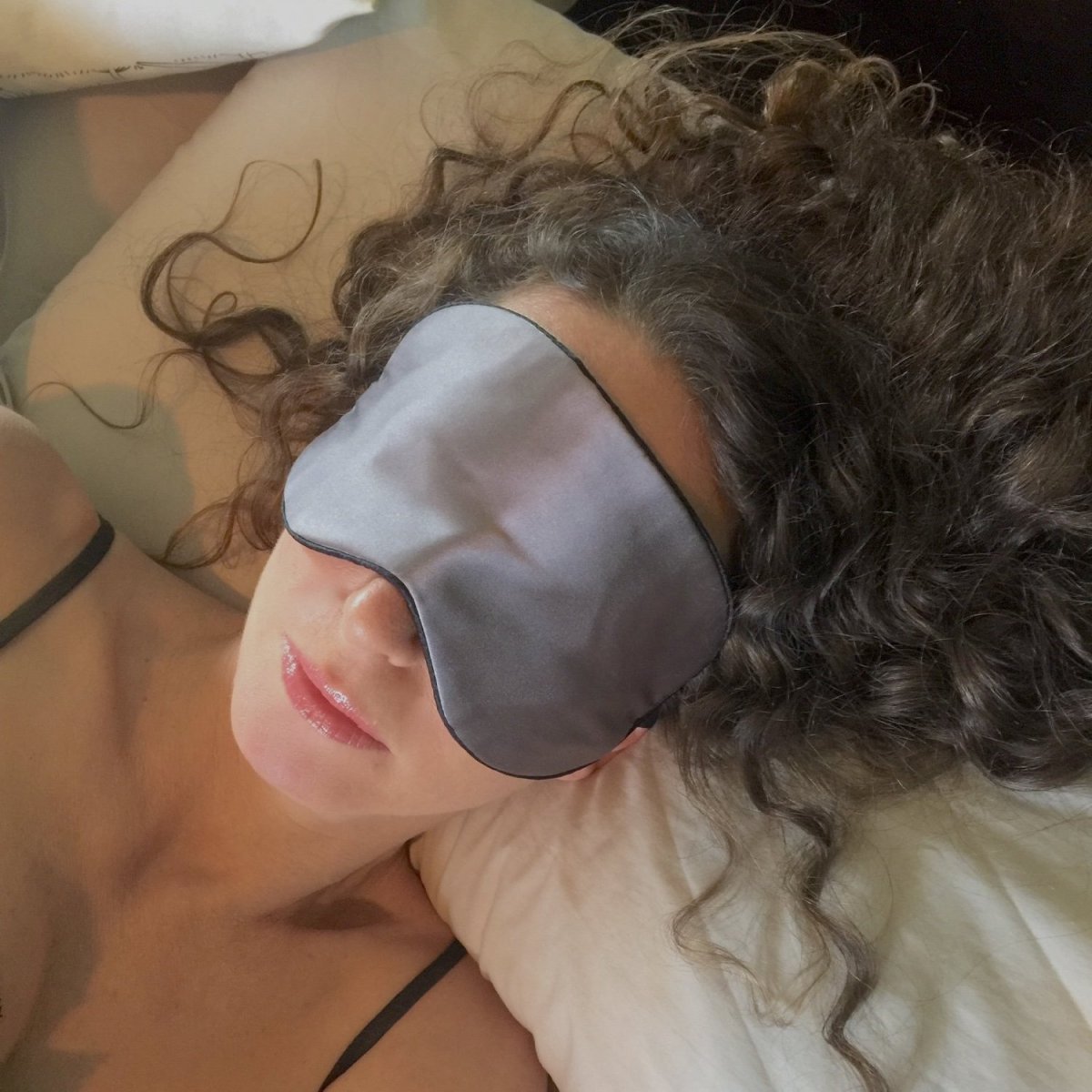
It may not seem important, but fabric can irritate your skin – especially the thin sensitive layers around your eyes. Choose a fabric that doesn’t irritate your skin or cause creases while you sleep:
- Silk – this is the best fabric for a sleeping mask. It glides across the skin so you won’t have to worry about tugging and has great blackout properties – especially those made out of a thicker material. Flannel’s Essential Eye Mask is made os washed silk and is plush like a pillow for your eyes. Flannel also has a range of great silk bedding that’ll glide across your skin smoothly, as well as other homewares.
- Cotton – a common material because of it’s lightness and softness, it’s also chosen for its moisture-wicking properties which prevent the growth of bacteria. It might also absorb the creams you put on your face at night, however, one wash and it’ll be good as new.
- Polyester – light, durable and inexpensive. This material will feel the most comfortable due to its lightness, but it doesn’t have any moisture-wicking properties.
- Satin – a mix of cotton and silk, this material combines the best of both worlds. It’s lightweight, breathable and isn’t as demanding as silk.
Style
This is up to personal choice, but it can be nice to match your sleeping mask to your pyjamas. It is an accessory after all.
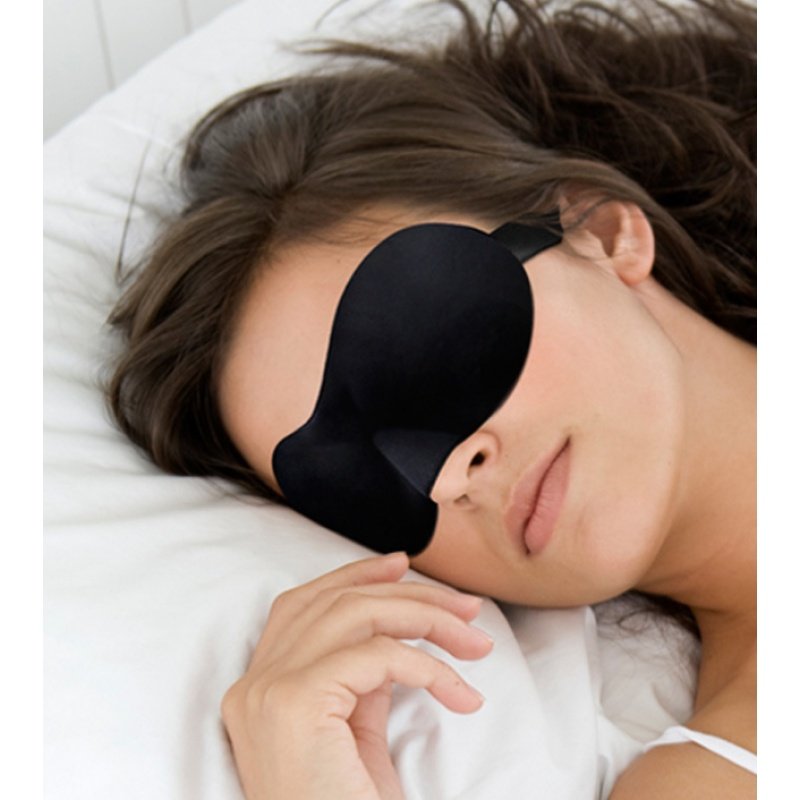
Technology
For most people a regular sleeping mask is fine, however, those who find it harder to fall asleep may find it worthy to invest in a high-tech sleeping mask. There are versions that can emit infrared light that help you sleep, prevent creasing and wrinkles and allow you to listen to white noises while you sleep.

